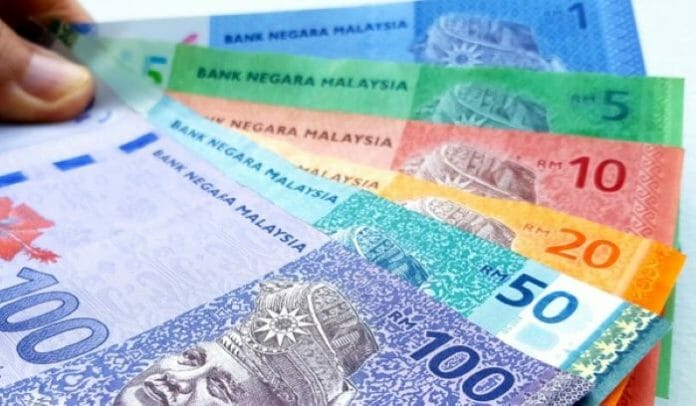The inflow in the current account on account of the increased price of crude oil and crude palm oil would more than offset the outflow of funds in the financial account keeping the ringgit resilient, an economist told Business Today.
Sunway University Professor Dr. Yeah Kim Leng said that Malaysia was having a tide of inflow of foreign direct investment (FDI) and the increased savings in the country that could help offset any downward pressure on the ringgit.
“There is bound to be some volatility in the short-term but the dictates of the Malaysia fundamental demand a strong currency, ” he said. At 9.03am, the local note was pegged at 4.3635/3695 versus the greenback from Thursday’s close at 4.3465/3515.
Yeah said that among the sectors that are likely to benefit from the depreciation of the ringgit would be the commodities sector through increased prices and the products become more competitive with a “cheaper” ringgit.
In addition, he said that the electrical& electronic sector, the chemical and furniture producers would benefit from the depreciating ringgit although exporters with high import components would potentially find their gains paring off.
Economists have also chimed in to say that those that do not stand to benefit from a weaker ringgit include companies in the automotive, consumer, and construction sectors.
Analysts and economists have chimed in to say that inflationary pressures on the economy would necessitate looking at ways of restructuring the economy and increasing supply-side factors.
They add that Malaysia still imports 60% of its food needs. It is estimated that Malaysia only produces 46% of its vegetables, 70% of its rice, 61% of its fruits, and about 25% of its meat.
To this, Dr. Yeah adds that Malaysia must find ways of bolstering its food production, especially food that can be produced here such as rice and vegetables that would not reduce our food bill but also enhance our food security.
He said with sufficient food production in the country, there will be little need to import food into the country and this would keep the cost of living down as food inflation was on the rise n account of high import prices.
Aside from bolstering local food production, Yeah said that government must also be proactive in dealing with monopolies and cartels that are responsible for pushing prices higher than it is.
Yeah said that there is a greater need to improve supply chain efficiencies to ensure that prices of essential commodities were affordable to all.
On whether the downward pressure in the currency can trigger a financial crisis of the likes in the late 90s, Yeah said that the Asean region had much better reserves that in the 90s and their respective economies were much more resilient.
He said that if the governments in Asean did not resort to defending their currencies with their reserves and allowed their respective currencies to absorb the volatility and shock, these currencies would be able to hold on.
Yeah suggested that intr-asean trade should be increased considering these economies were now reeling from the pandemic and there was a lot of pent-up demand in the respective asean economies that be capitalised.
He said with these countries stimulating consumer demand and increasing domestic consumption would ensure they would all enjoy a higher economic trajectory.









